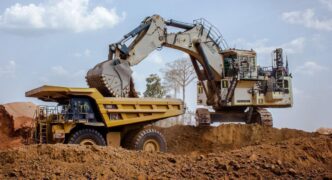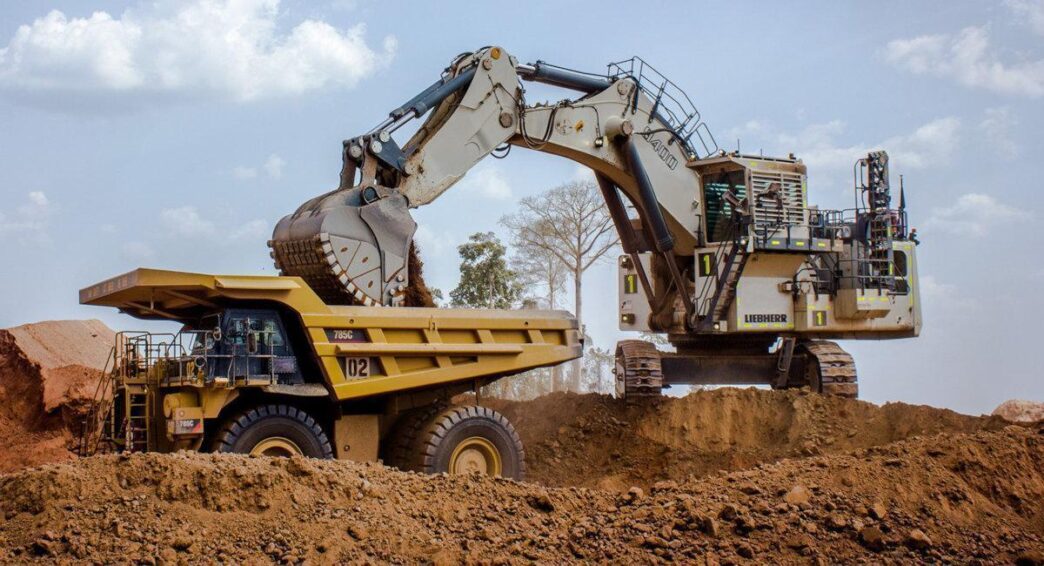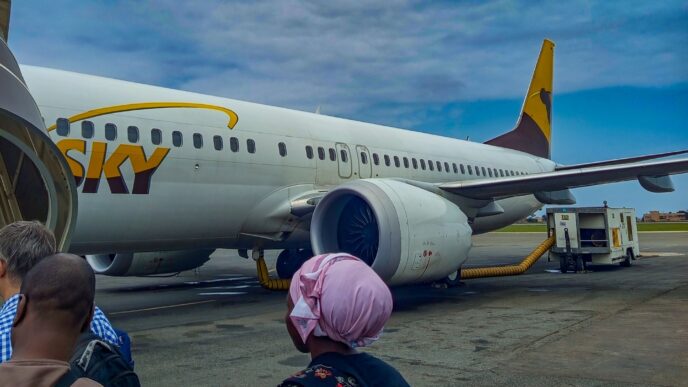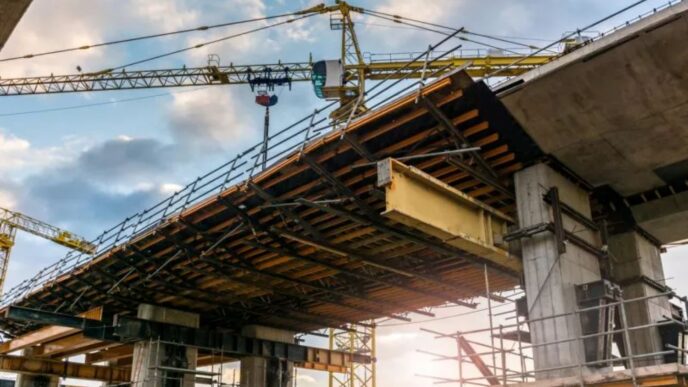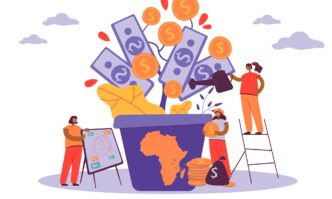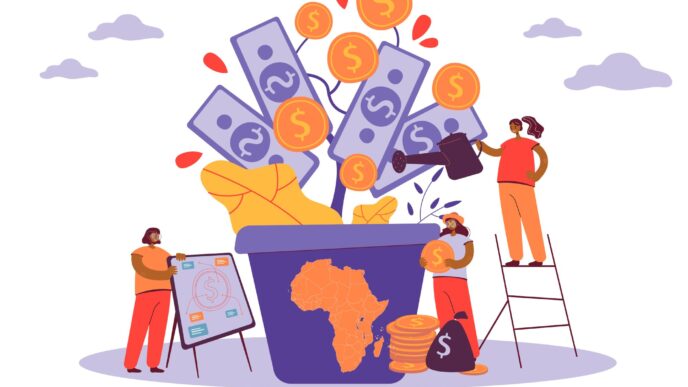A wave of mergers and acquisitions is redrawing Africa’s mineral economy, boosting its scale, strategy, and fiscal resilience.
The mining industry in Africa is entering a new phase of consolidation that could redefine who controls and profits from the continent’s most valuable resources. Mergers and acquisitions are shifting ownership while introducing new capital into the region’s mineral economy. Analysts say the ongoing wave of mergers marks more than just corporate reshuffling; it reflects a recalibration of strategy across Africa’s mining value chain.
According to Joel Amutola, a senior researcher at the African Natural Resources Management and Investment Centre, the rate and intentionality of mining M&A in Africa this year is “indicative of a realignment between opportunistic deals and structural consolidation.” He adds that “a tougher capital focus on long-term assets is bolstering fiscal stability and industrial transformation.”
Data from DealMakers AFRICA shows that total mining transactions in Africa reached about US$4.7 billion in the first half of 2025, primarily driven by gold and critical minerals. Although the number of deals dipped slightly from last year, their size and strategic depth expanded significantly.
“The pattern points to a maturing market where companies are pursuing efficiency, scale, and diversification over rapid expansion,” Amutola noted in a call.
Nowhere is this clearer than in West Africa’s gold sector, which has emerged as the continent’s epicentre of mining M&A activity. In one of the largest transactions this year, Australia-based Predictive Discovery signed a US$1.55 billion all-share deal with Canada’s Robex Resources to combine their neighbouring Bankan and Kiniero projects in Guinea.
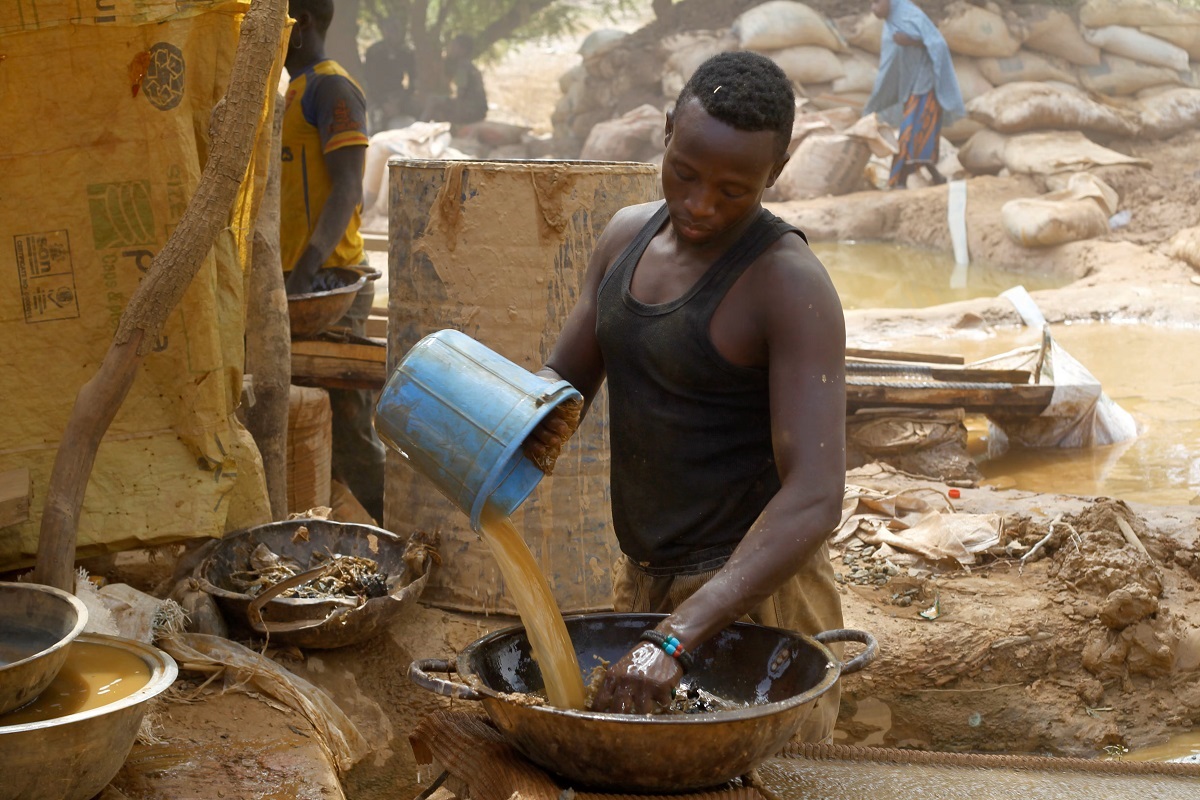
The merged entity is expected to produce an estimated 400,000 ounces of gold annually by 2029 and hold combined mineral resources of about 9.5 million ounces. The deal will create a mid-tier gold producer and mark a strategic consolidation of two of West Africa’s most advanced gold development assets.
“The Predictive–Robex deal is a strong signal of the direction the sector is taking,” Amutola noted. “Companies are not only pursuing scale but also seeking operational synergies and financing leverage, which are crucial for resilience in volatile commodity cycles.”
Further north, U.S.-based Flagship Gold Corp entered Mali through a partnership with state-owned Morila SA to operate the Morila gold mine, which holds an estimated 2.5 million ounces in reserves. It represents one of the first significant U.S. mining investments under Mali’s revised mining code. In Côte d’Ivoire, Barrick Gold has recently agreed to sell its Tongon gold mine and adjoining exploration properties to the Atlantic Group for up to US$305 million, marking one of the most significant local ownership transitions in the country’s mining sector.
The deal includes US$192 million in cash, covering a shareholder loan repayment, and up to US$113 million in contingent payments linked to gold prices and resource conversion over the next five years. For Atlantic Group, a 48-year-old Ivorian conglomerate with interests spanning finance, agriculture, and industry, the acquisition represents both an expansion into resource extraction and a rare instance of an African-owned firm taking over a major international asset.
Beyond West Africa’s gold rush, Southern Africa’s mining majors are reconfiguring portfolios around future-facing minerals. In South Africa, Exxaro Resources, historically a coal producer, agreed to acquire four manganese mines from Ntsimbintle Holdings and OM Holdings for approximately ZAR 11.7 billion (around US$630 million).
At the same time, Harmony Gold expanded into copper by acquiring Macarthur Minerals’ CSA copper mine for US$1 billion. The transaction offsets Harmony’s gold exposure and positions the company to capitalise on rising demand for copper in electric vehicle manufacturing.
Asian investors, particularly from China, continue to shape the continent’s consolidation story, especially in the Democratic Republic of Congo. In October, Chengtun Mining Group completed a US$190 million takeover of Loncor Gold to acquire the Imbo project, which contains 1.9 million ounces of gold resources. Earlier in the year, state-owned Norinco Group struck a US$1.4 billion deal to buy copper-cobalt assets from Chemaf SA, including the Mutoshi and Etoile mines.
While the overall deal volume in Africa’s mining sector fell by roughly 21% year-on-year in early 2025, the quality, value, and strategic alignment of transactions have markedly improved. West Africa led in gold-focused deals, while Southern Africa showed greater diversification into manganese and copper. The DRC remains the centre of gravity for critical minerals such as cobalt and lithium.
“At the policy level, these structural shifts could also strengthen fiscal resilience,” Amutola explained.
“When mining becomes more efficient, tax collection becomes more predictable,” he added. “That’s how mineral wealth translates into fiscal strength.”
The South African Revenue Service estimates that mining accounts for about 60% of the country’s merchandise exports and plays a critical role in its US$101 billion tax revenue base for FY2024/25. The global push for scale, efficiency, and portfolio focus is redrawing the boundaries of African mining. The pending US$53 billion merger between Anglo American and Teck Resources, announced in September 2025, underscores how deeply the continent’s mining trajectory is now linked to global capital realignment.
The all-share merger will create one of the world’s largest copper producers, with Anglo American shareholders holding 62.4% of the combined company and Teck investors owning 37.6%. The new entity, to be called Anglo Teck, will be headquartered in Vancouver and listed in London, Johannesburg, New York. Copper will account for more than 70% of the merged company’s earnings by 2027, positioning it at the centre of the global energy transition supply chain.
The deal follows Anglo’s rejection of a US$38.8 billion bid from BHP last year and Teck’s earlier rebuff of Glencore’s US$22.5 billion offer. Anglo American operates heavily in Africa, especially in South Africa, where it is a major producer of iron ore through its subsidiary Kumba Iron Ore.
Credit: Bonface Orucho, Bird Story Agency


 Trending
Trending 
